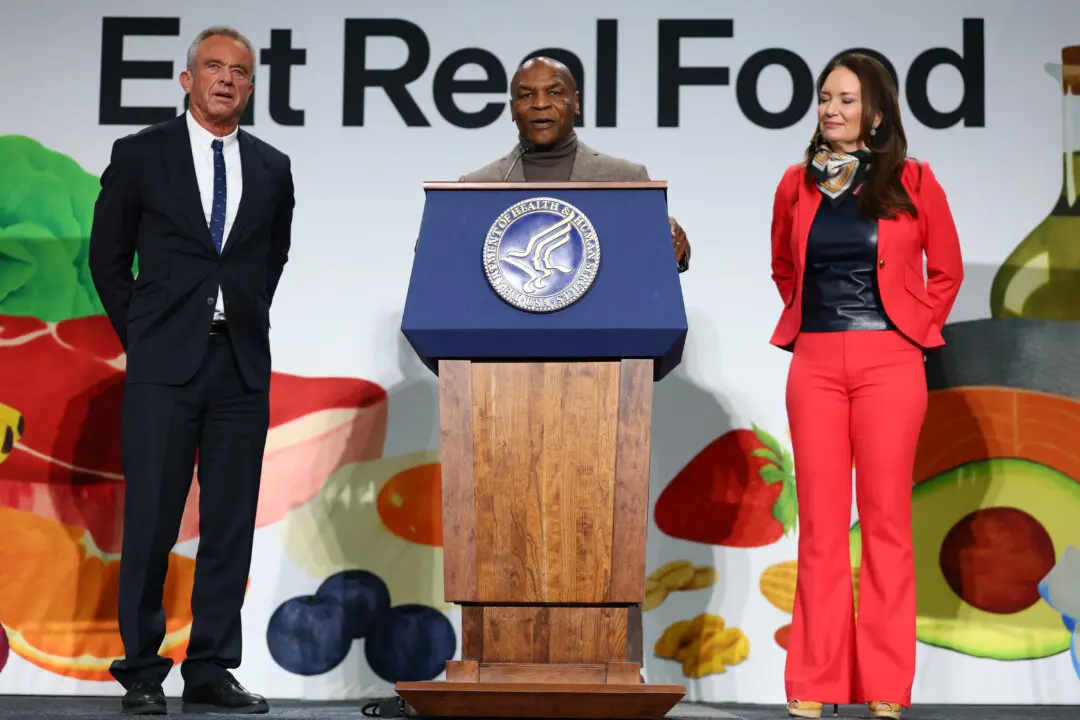Commentary
Mollie Engelhart, regenerative farmer and rancher at Sovereignty Ranch, is committed to food sovereignty, soil regeneration, and educating on homesteading and self-sufficiency. She is the author of “Debunked by Nature”: Debunk Everything You Thought You Knew About Food, Farming, and Freedom—a raw, riveting account of her journey from vegan chef and LA restaurateur to hands-in-the-dirt farmer, and how nature shattered her cultural programming.
Author’s Selected Articles





